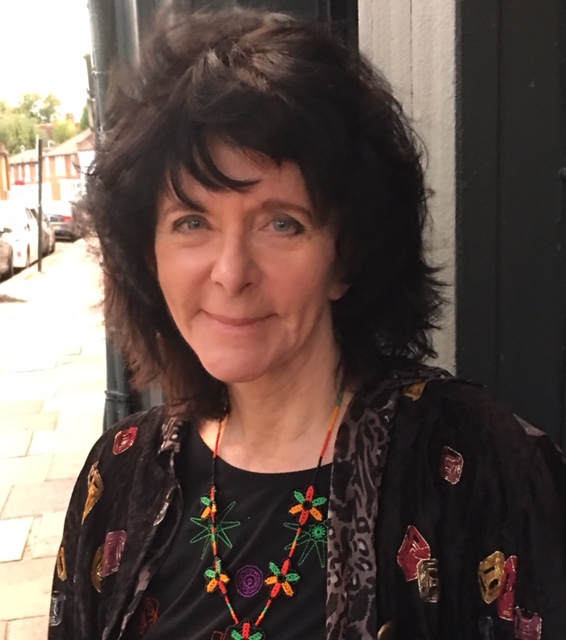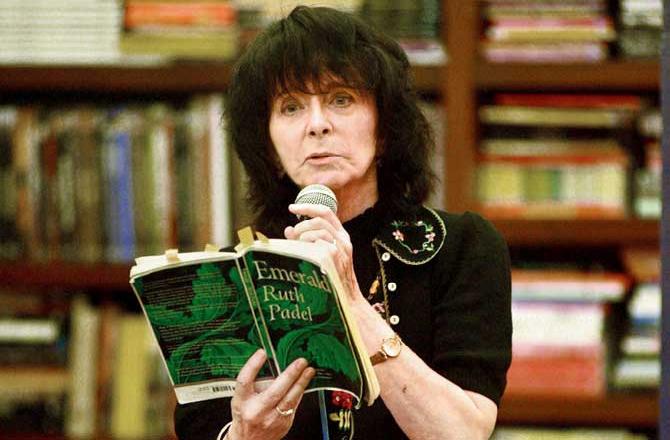
Ruth Padel
‘A Leaf out of Nature’s Book,’ Mumbai Guide News, July 2018
"During my research for the book, my mother began to die. She was 97 and had an aneurysm [weakening of an artery wall]. It seized over and stopped, but she was still in some pain. Around the same time, I was supposed to go to the Jaipur Literature Festival, and there was no way I was leaving. But she insisted that I go; she was a determined woman. And that's how I also met the emerald cutters and jewellers in Jaipur," recalls the award-winning British poet and writer, who read from Emerald to a rapt audience at a SoBo bookstore over the weekend.
Padel's mother, a botanist and great granddaughter of Charles Darwin, passed away a week after she returned to London. And the book, apart from being a fascinating account of the history and trade route of the gemstone, became an elegy to her mother. "How do you see your own life when your mother dies? I wanted to write something that people relate to," says Padel. "My mother loved nature in all its forms. And the emerald, the way it exists in a carbon formation in nature, is an image of green in the dark, of hope and renewal, of nature itself," she adds.
The Darwinian legacy finds its way in Padel's extensive writings on nature. She recollects how she carried Darwin's seminal work, On the Origin of Species, about his Theory of Evolution, with her to Laos when she was working on a book on tigers. "Darwin's book was about how species come to be and survive, and there I was, researching why species go extinct. It was a sobering moment," she shares.
When asked about the sporadic rejection of Darwin's theory — including a recent one by Union Minister Satyapal Singh — she says, "We need to try and understand the psychology of the people who want it to be wrong. They can't bear to see that man has emerged from nature. [At the heart of it is] the infantile idea that we are special."
In India to research her next book on elephants — Padel is headed to a reforested land near Ooty today — she points to the strange fact that she landed in a cool Mumbai, which was a relief from the sweltering 36-degree heat of London. "We are dancing on the edge of a cliff. Denying climate change makes money and builds political capital because people don't want it to be true. It's tragic."
